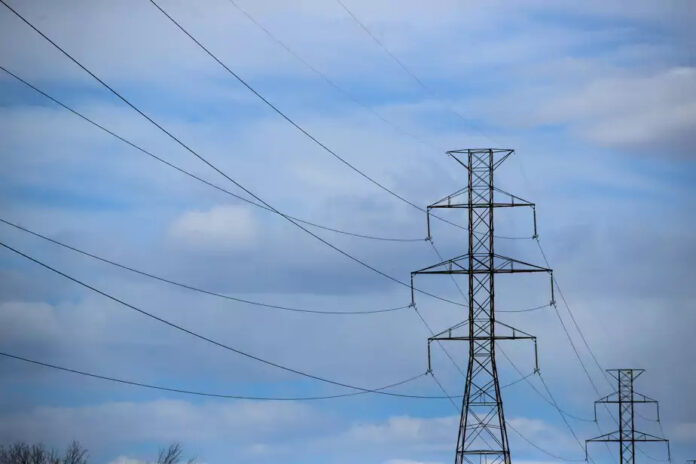A court in Maine has just lifted the last obstacle that threatened Hydro-Québec’s electricity export contract by authorizing the construction of the electricity transmission line to Massachusetts.
“This is certainly the biggest legal obstacle to the project that has just been lifted,” commented Hydro-Québec spokeswoman Lynn St-Laurent.
In a unanimous decision, a jury ruled that Hydro-Quebec’s U.S. partner responsible for building the transmission line began work in good faith after obtaining all required permits and authorizations, even though a referendum citizen then threatened to block the project.
For Hydro-Quebec and its partner Avangrid, it is still too early to declare victory, since the opponents of the project can appeal the judgment rendered Thursday.
Construction work on the transmission line was put on hold in 2021, shortly after Maine citizens voted 59 percent to reject the project that crosses their state to join Quebec’s power buyer, Massachusetts.
The Hydro-Quebec partner had challenged the result of the referendum, arguing that 45% of the line had been completed and that 450 million US had already been spent. The state Supreme Court agreed with him, finding that the referendum result violated the promoter’s constitutional rights. The court had, however, asked a trial court to rule on the promoter’s good faith, which Wednesday’s decision does.
In 2018, Hydro-Québec signed a contract with the State of Massachusetts to export 9.45 terawatt hours of energy for 20 years in Massachusetts. The contract calls for a new 140-mile transmission line through Maine, a project that has faced fierce opposition.
Most of the 233 kilometer transmission line must be built in existing corridors, but a new 85 kilometer route must be built to reach the Canadian border.















